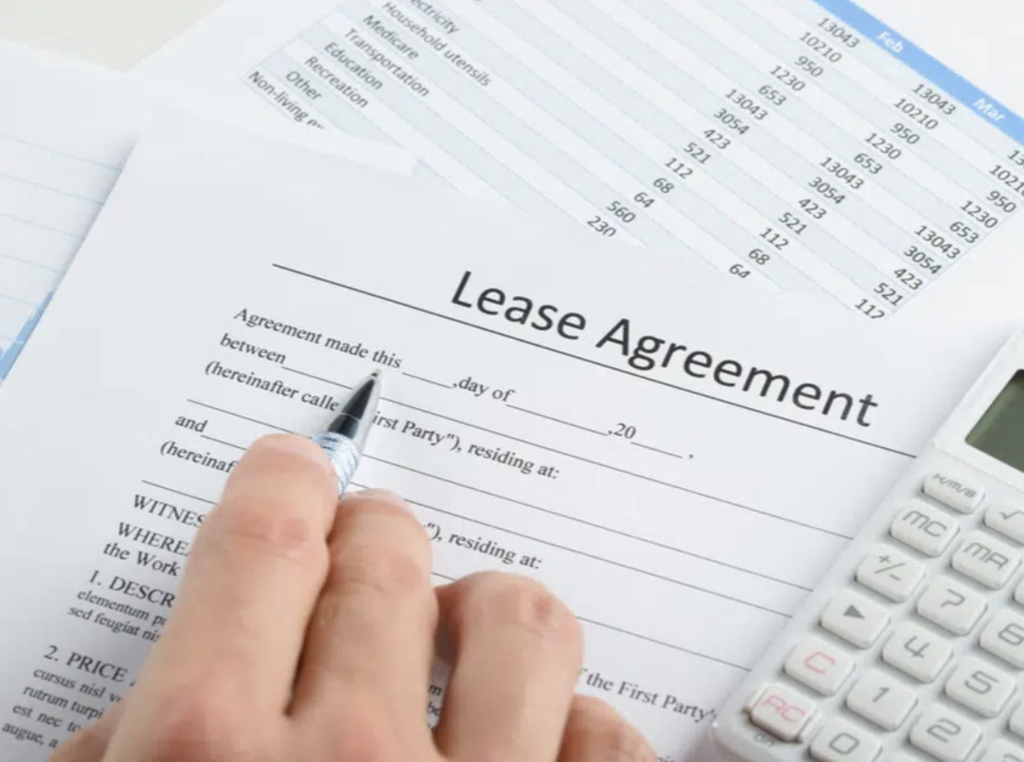
A Modified Gross Lease is a type of lease agreement that is commonly used in commercial real estate for office space. It is a hybrid between a Full Service lease and a Triple Net lease, which allows for some flexibility in terms of which party is responsible for certain expenses associated with the property. In a Modified Gross Lease, the Landlord and Tenant share some of the costs associated with the property, while others are the sole responsibility of one party or the other.
The Tenant’s rents include paying the base rent and the budget expenses including taxes, maintenance, and other operating expenses. The Tenant is responsible for their own electricity and their janitorial cleaning services. Tenants may receive an invoice for their proportionate share (based on their square footage) based on the Landlord’s reconciliation of their annual budget which surpassed the Tenant’s Base Year or expense stop. The Tenant is responsible to pay any increase in those expenses above the Expense Stop amount. These overages should be nominal since these expenses are budgeted by the Landlord.
The specific terms of a Modified Gross Lease can vary, but generally speaking, the Landlord will be responsible for paying certain expenses related to the property, such as property taxes, insurance, and maintenance. Meanwhile, the Tenant will be responsible for paying for certain utilities, such as electricity and water, as well as any expenses related to their specific use of the property, such as cleaning, HVAC repairs, plumbing within their Suite etc.
Advantages of Modified Gross Lease for Tenants
Flexibility in terms of which party is responsible for certain expenses can be a great advantage for Tenants who may not have the financial resources to pay for all of the expenses associated with a property on their own. By sharing some of these costs with the Landlord, Tenants can reduce their overall expenses and potentially afford a property that would otherwise be out of reach.
Minimize disputes between Landlords and Tenants by clearly defining which expenses are the responsibility of each party, there is less room for misunderstandings or disagreements. This can help to create a more positive and productive relationship between the Landlord and Tenant, which can be beneficial for both parties in the long run.
Disadvantages of Modified Gross Lease for Tenants
There are also some potential drawbacks to a modified gross lease. Monthly office expenses can fluctuate because the Tenant is paying utilities directly. An issue arises when you have fluctuating utilities so you must make sure they have a buffer in their budget when budgeting expenses because the cost can vary each month.




